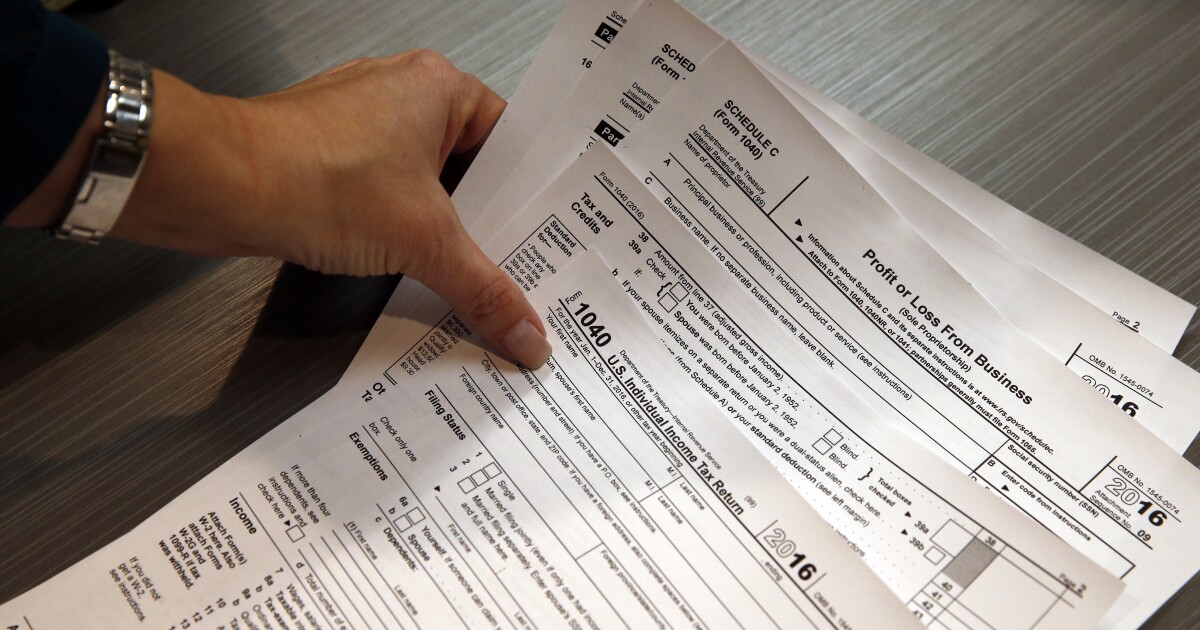

The IRS lost millions of sensitive taxpayer records at two different agency facilities, according to a federal watchdog.
In its Tuesday report, the Treasury Inspector General for Tax Administration documented that millions of business and individual tax records, which should have been transferred from a closed California storage facility, were missing. Additionally, thousands of records could not be found at a Utah warehouse. In both cases, the IRS stored these old records in microfilm backup cartridges.
INFLATION TICKED UP TO 3.2% IN JULY IN SETBACK FOR BIDEN AND FED
“The personal taxpayer and tax information included on these backup cartridges is key information that can be used to commit tax refund fraud identity theft,” the report read.
At the facility in Ogden, Utah, the watchdog discovered seven empty boxes that should have contained up to 168 microfilm cartridges, which hold up to 2,000 photographic images each. The IRS personnel at that location were unable to say where the cartridges were, the inspector general noted.
Notably, the contractor responsible for creating the backup cartridges abruptly went out of business in 2018.
The IRS also cannot find 188 boxes of the microfilm cartridges that were supposedly transferred from its processing center in Fresno, California, to a Kansas City, Missouri, processing center in February 2022, just five months after the California location shut down.
Although it didn’t disclose the exact number of missing documents, the report said an average of 42 million business tax records and 190 million individual tax records were stored on microfilm in fiscal years 2021 and 2022 alone, according to documentation the inspector general obtained from the IRS’s Office of Information Technology.
IRS Wage and Investment Commissioner Kenneth Corbin responded to the report, saying the agency’s reduction in staff, who were redirected to higher priority jobs, was responsible for the unknown whereabouts of the records.
CLICK HERE TO READ MORE FROM THE WASHINGTON EXAMINER
Corbin added the IRS is still working through shipments of tax records to U.S. processing centers and that agency officials are “confident that as the backlog of non-tax documents is processed, the remaining cartridges will be incorporated.”
The new watchdog report comes as the IRS has faced Republican scrutiny over improper handling of taxpayer information, such as the destruction of 30 million unprocessed paper tax returns in March 2021. Last month, two House Republican lawmakers asked the IRS why it authorized the decision after it ignored their request a year prior.





